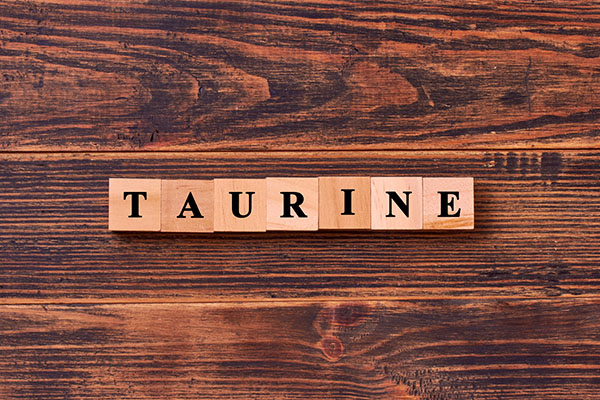
Postmenopausal women who have been diagnosed with osteoporosis or are at risk of the condition require calcium and vitamin D.
In a study for The Women's Health Initiative, researchers observed 36,282 postmenopausal women. Some of the participants were given 1,000 mg of calcium and 400 IU of vitamin D for five years. Other volunteers received a placebo.
When the observation period concluded, findings revealed that the participants who took calcium and vitamin D were 38 percent less likely to experience a hip fracture or broken hip.
The women who took calcium and vitamin D also had an 18 percent lower risk of experiencing a fracture anywhere in the body.
The study suggests that taking calcium and vitamin D didn't increase heart attack risk. Instead, it lowered the risk of metastatic cancer.
During the study, at least 18,000 of the women given a placebo pill took calcium and vitamin D on their own. As a result, the scientists were able to estimate a minimum effective dose of calcium for women to prevent fractures.
They reported that taking 500 mg or more calcium per day and 400 IU or more vitamin D helped boost bone health.
Calcium and vitamin D for stronger bones
As with other health conditions, upping your intake of calcium and vitamin D alone isn't enough to prevent osteoporosis. But data from The Women's Health Initiative suggest that the two supplements can help prevent hip fractures.
To improve your bone health and overall well-being, you need to follow a healthy diet and observe proper guidelines for supplementation.
Detailed below are tips and suggestions that you should consider before adding calcium and vitamin D to your diet.
Certain kinds of calcium are more effective
Calcium oxide is readily available and shelf-stable. However, your body can't absorb it without the help of stomach acid, meaning calcium oxide must be taken with food.
Research shows that while calcium oxide as a supplement isn't as effective as other forms of calcium at preventing fractures, it still offers some benefits.
People with low stomach acid should take calcium citrate, which is more expensive. However, only 21 percent of it is elemental calcium, so you need to take more tablets to get the amount of calcium you need. On the other hand, calcium citrate is easier to absorb, unlike calcium carbonate. It can also be taken with or without food.
If you don't have digestive issues, you can take calcium gluconate, lactate or phosphate supplements. These supplements can be taken on an empty stomach.
Finally, calcium citrate malate added to fruit juices is best for anyone who wants to boost their calcium intake.
Smaller doses of calcium are more effective
Generally, people can only absorb about 500 mg of calcium at a time. To get 1000 mg of calcium into your system daily, take at least two doses of the supplement.
Plan ahead to boost your calcium intake through your diet
Here are some things to consider if you want to make dietary changes to increase your calcium intake.
Dairy foods are rich in calcium, but you must eat healthy foods like yogurt. You need three servings of dairy per day to give your body enough calcium. Products like cream cheese and ice cream contain little to no calcium.
Plant-based foods are also full of calcium. Boost your calcium intake by eating broccoli (raw), kale, tofu and turnip greens.
Other plant-based foods may interfere with calcium absorption. For example, beans, nuts, seeds and whole grains contain phytic acid, which binds calcium and prevents your intestine from absorbing the nutrient.
Meanwhile, collard greens, spinach and sweet potatoes contain oxalates that bind calcium. Oxalates can also increase your risk of developing kidney stones.
Foods that contain phytic acid and oxalates aren't forbidden, as long as you don't eat them together with high-calcium foods.
Foods rich in protein can help increase calcium absorption. Healthy bones need protein to make the collagen that keeps minerals in place. If you consume a lot of meat, follow a balanced diet. Fruits and vegetables will provide the alkali your kidneys need to maintain a healthy pH without reducing the calcium in your bones. (Related: Following a fiber-rich diet has a positive effect on chronic inflammatory joint diseases.)
The best way to boost your vitamin D intake
Experts suggest taking a 1,000 international unit (IU) capsule of vitamin D every day for stronger bones. Vitamin D supplements are available in capsule and powder forms or as fermented fish oil.
Do not take more than 10,000 IU of vitamin D per day, even if you are deficient. Taking too much vitamin D can be bad for your bones.
Women with osteoporosis should follow a proper diet and observe proper calcium and vitamin D supplementation guidelines to boost their bone health.
Sources include:
Please contact us for more information.























